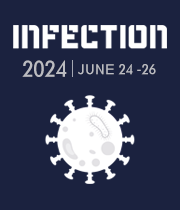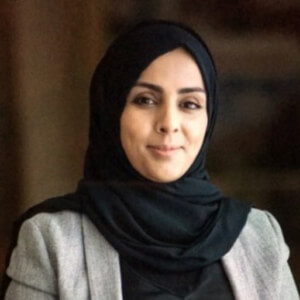Title : Biosafety and biosecurity capacities and practices among Egypt's private human and animal diagnostic laboratories professionals: A comprehensive assessment
Abstract:
Introduction: The World Health Organization (WHO) and the Global Health Security Index (GHSI) reported a lack of biosecurity and biosafety capacity and practice across the Middle East and North Africa (MENA) region. Private human and animal diagnostic laboratories in Egypt play a crucial role in infectious disease surveillance and pathogen identification in that country. However, the absence of consistently robust biosafety and biosecurity knowledge and practice within these laboratories increases the risk of accidental or deliberate exposure to infectious agents, with far-reaching consequences.
Context and Aim: In an increasingly interconnected world, an outbreak anywhere can become an outbreak everywhere. It is therefore imperative to assess biosafety and biosecurity knowledge in resource-constrained settings, where those constraints increase the risk of safety and security breaches. This study aims to comprehensively evaluate the state of biosecurity and biosafety knowledge and practice to identify opportunities for improvement in private human and animal diagnostic laboratories across Egypt.
Methods: A cross-sectional quantitative method was utilized. Data were collected from 185 participants representing 33 laboratories, using a needs assessment survey. The survey instrument was designed to use open-ended and multiple-choice questions to capture baseline knowledge, practices, and training related to biosafety and biosecurity. A representative sample of laboratories was selected, representing 22 (76%) of Egypt’s governorates.
Findings: Of 185 participants in the survey, 70% had a bachelor's degree or a higher level of education in a lab-related major. Biosafety and biosecurity knowledge among participants was highly variable. While some demonstrated strong awareness of key principles, others demonstrated significant challenges. Familiarity with terminology ranged from 35% to 83% for different terms (Biosafety and Biothreat). Accurate definitions of standard biosafety and biorisk principles in a multiple-choice format ranged from 1% to 89% (Biosafety and Considered a laboratory biorisk) and best]. 55-78% of participants lacked opportunities for formal training on key practices. Correct identification of ISO 35001 guidelines, IATA regulations, and high-consequence agents and toxins ranged from 15-20%. For most items, there was no relation found between educational attainment or years of lab experience and correct definitions and identifications.
Participants reported varying adherence to international biosafety and biosecurity standards. More than half lacked key formal training, contributing to correctible procedural deficiencies such as accepting inappropriately packaged samples (20%), loosely controlled access to lab areas (29%) and stored samples (33%), and lacking evaluation of partner entities (20%).
Conclusion: This research provides a foundation for policy-makers, practitioners, and researchers to address the pressing need for enhanced biosafety and biosecurity training in limited-resource laboratories. Targeted training programs are recommended, both to increase knowledge and to strengthen practice. This research lays the foundation for safer communities, in Egypt and beyond.



